The world is reconfiguring itself around geopolitical interests and conflicts, and trade and commerce are impacted accordingly. In this scenario, “it’s not so much an era of deglobalisation, but an era of reglobalisation”, said Singapore Prime Minister Lawrence Wong, speaking on the last day of the G20 Summit 2024 in Rio de Janeiro, Brazil.
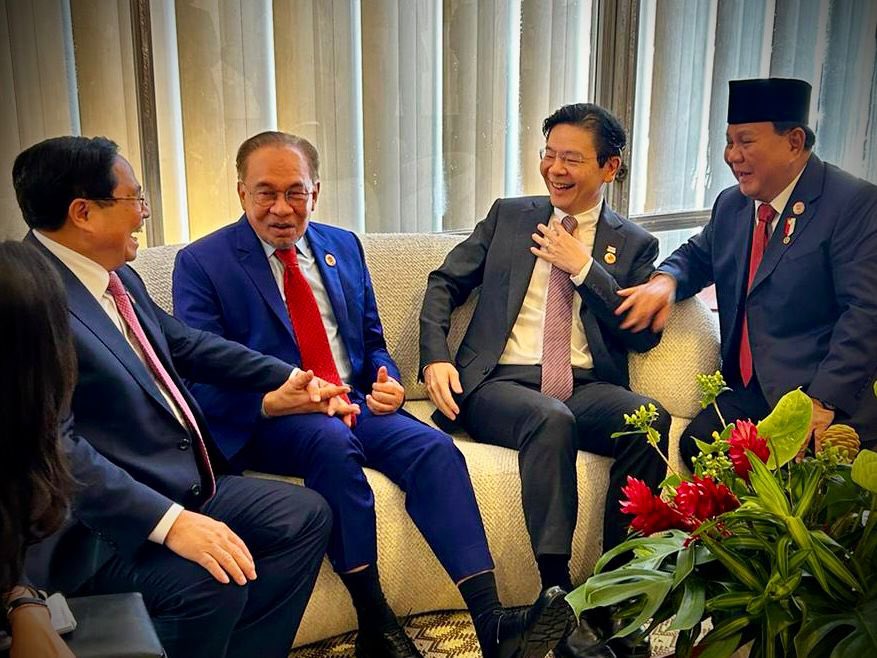
While Singapore is not part of G20 — it has 19 sovereign nations; the European Union; and the African Union — the island nation is regularly invited to take part in the international summit. Former Singapore Prime Minister Lee Hsien Loong had attended the G20 Summit 2023 in New Delhi, India, and now PM Wong has attended the Rio summit.
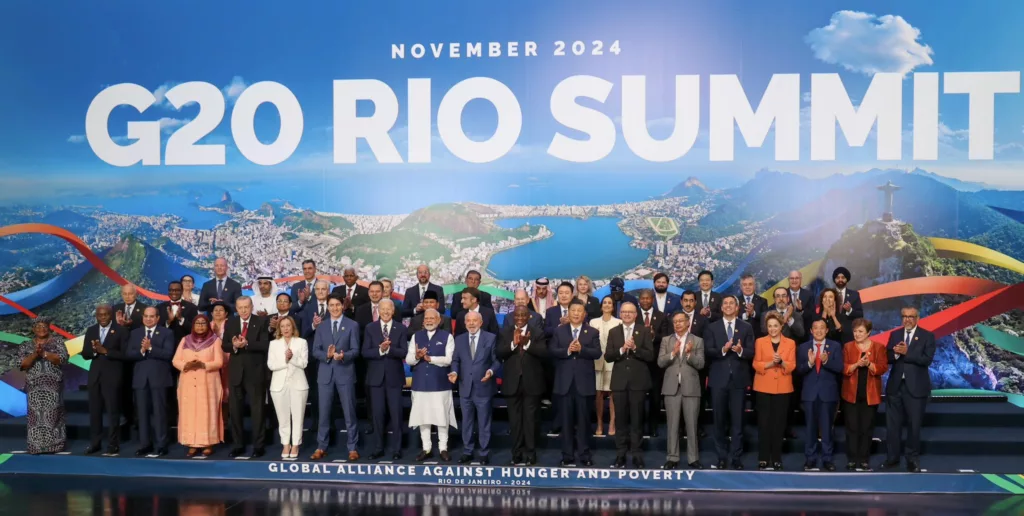
Referring to the shifting global dynamics, PM Wong said yesterday in Rio that it was necessary “[to] strengthen our own neighbourhood”, meaning the Association of Southeast Asian Nations (ASEAN), as quoted in a CNA report.
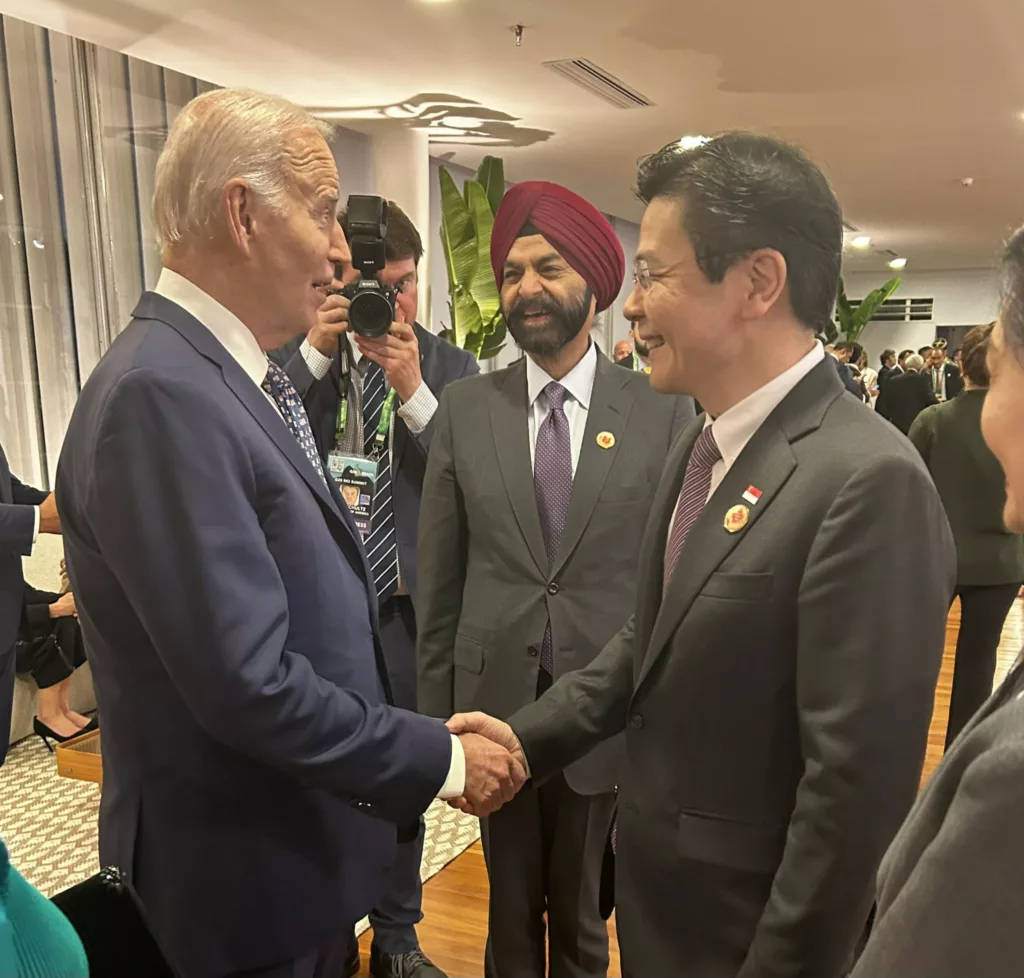
He added that even as the ASEAN bloc worked on reinforcing trade ties within the region, it ought to develop stronger ties with other regional groupings on different continents.
Giving the example of free trade agreements between Singapore and regional trade blocs such as the Southern Common Market (aka Mercosur, with Argentina, Bolivia, Brazil, Paraguay, and Uruguay as current full members) and the Pacific Alliance (Chile, Colombia, Mexico, and Peru), the Singapore leader said that his country was also connecting with the Middle Eastern and the African trade blocs.
“We want to then plug [in]to all the different regional groupings and make sure that however trade flows are being reconfigured, Singapore and ASEAN can still be at the heartbeat of [those] reconfigured trade flows, and we can continue to remain relevant,” said PM Wong.
In Europe, the two major economies of Germany and France have elevated their bilateral ties with Singapore — Germany and Singapore agreed on a “strategic partnership”, as announced at the Rio G20 Summit; France and Singapore announced earlier this year their goal of a “comprehensive strategic partnership”, to mark the 60th anniversary of their bilateral relations in 2025.
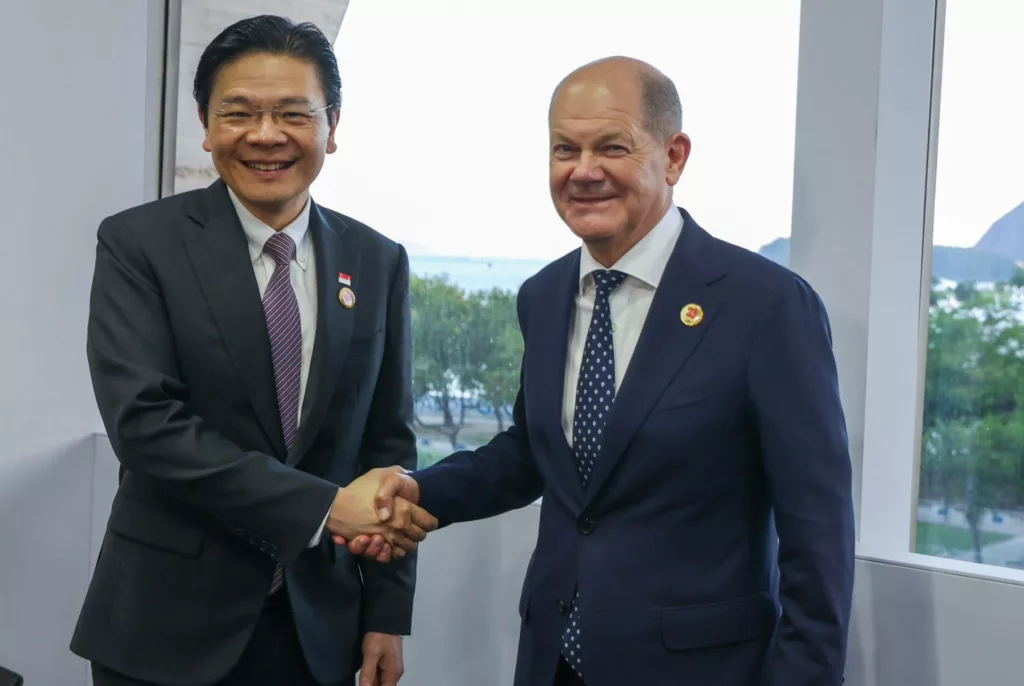
We want to be friends with all countries, big and small. And how far we can go into cooperation with any particular country, of course, will depend on what each country puts on the table for cooperation and the areas of mutual interest, but we want to cooperate to the extent possible with everyone.
Singapore Prime Minister Lawrence Wong
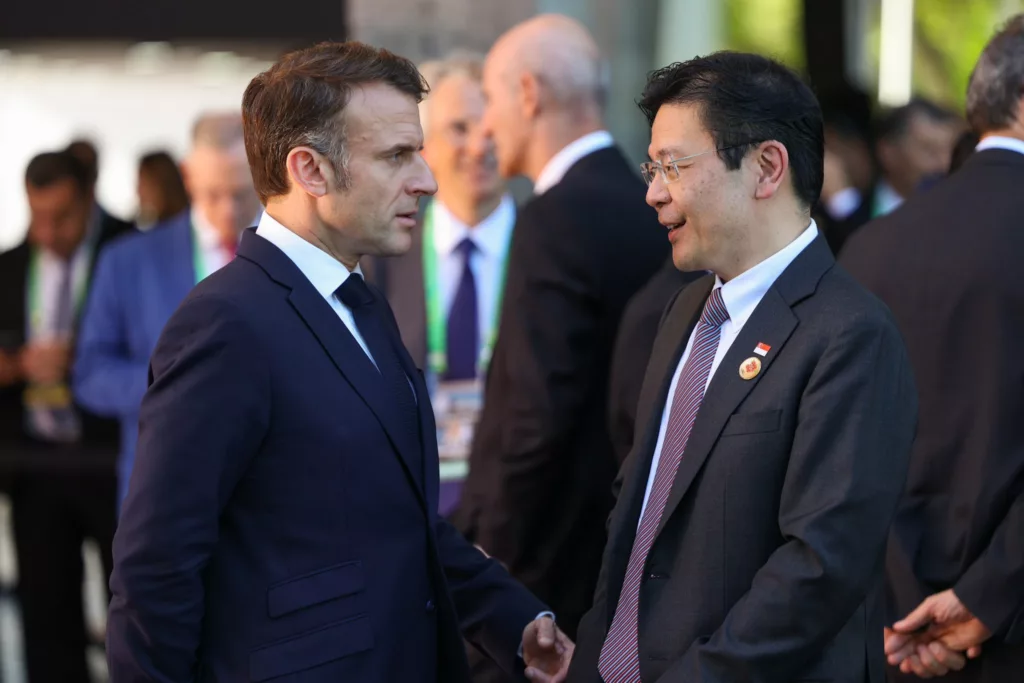
He said that Germany and France looked at “engaging China in a pragmatic manner” and also wanted to connect more with Southeast Asia, which was aligned with what Singapore wanted — an ASEAN bloc “which can engage all the major parties and powers, where we are not dominated by any single party”.
He said, “That’s in our interest, because we think, by doing so, we have a framework that allows more countries to have stakes in the region, more economic interdependency, and that will help to reduce the chances of conflict and will maximise the likelihood of us being able to maintain stability and prosperity in the region.”
“If you’re not at the table, you’re on the menu”
Before talking about how the ASEAN bloc needed to strengthen itself, PM Wong said that Singapore wanted to “have a say” at global summits like G20. The country’s participation in such summits was “very important”, he said, as per the CNA report.
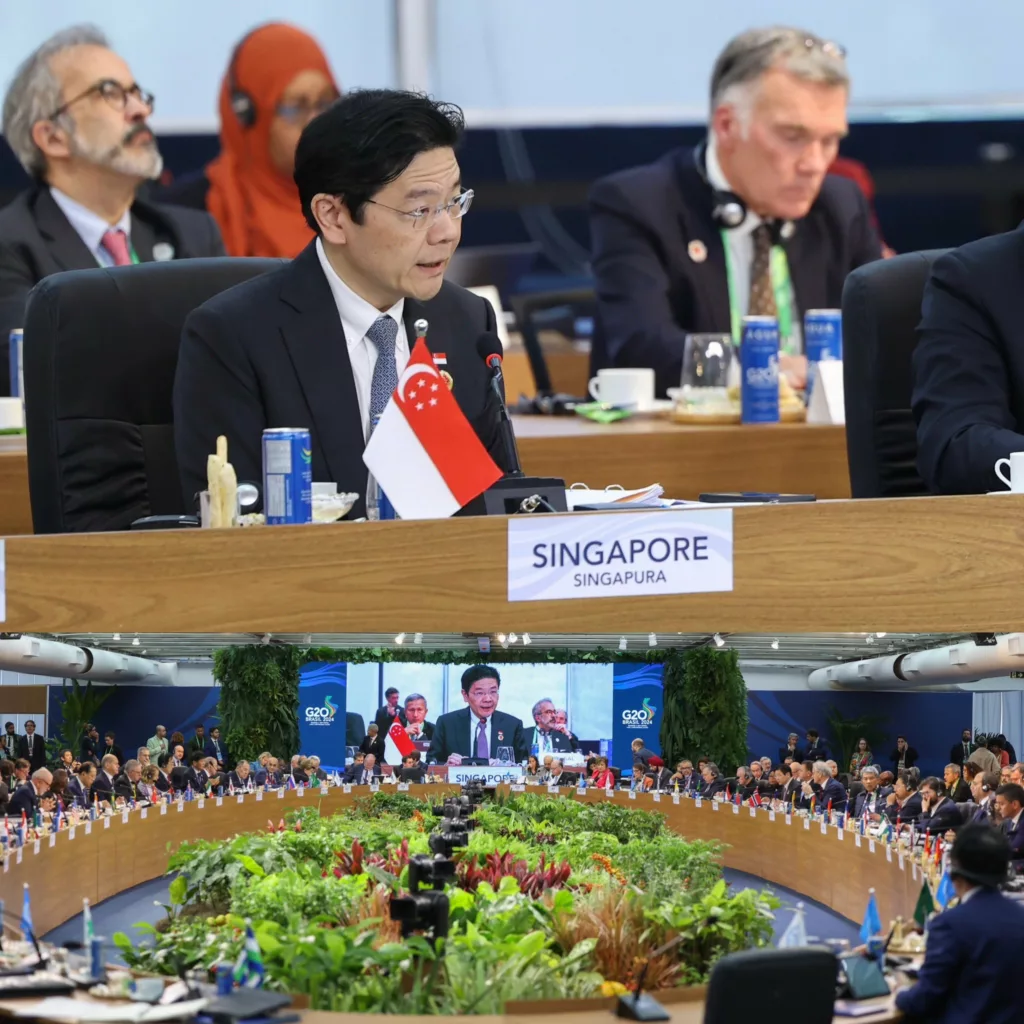
Singapore is a regular participant at G20, despite not being a member country, and it makes use of this opportunity.
PM Wong said, “It’s better for us to have a seat at the table, than not to have a seat at all, right? As the saying goes, if you’re not at the table, you’re on the menu.”
Being present and involved in such global meets was essential, said PM Wong, as this helped the country to “shape these emerging processes in ways that we think are useful”. At the very least, through its active engagement, the country knew first-hand what was happening in terms of global dynamics “and we can adapt and adjust to these new realities”, he said.
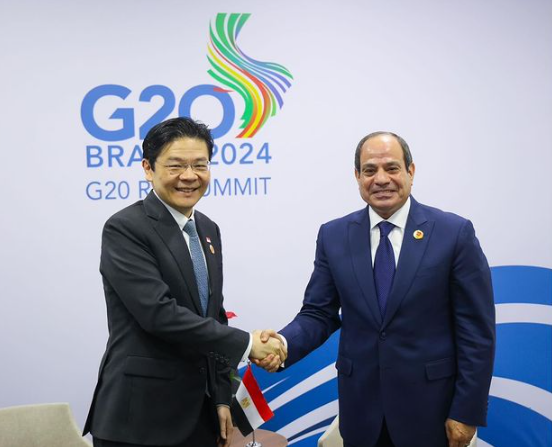
Moreover, these are platforms for meeting with international counterparts. PM Wong said, “I get the chance this time around to meet with leaders from so many different countries. Some of them, we’ve met before, some of them for the first time. I think it’s a useful occasion to take stock of our bilateral relationship and help to strengthen our ties further.”


